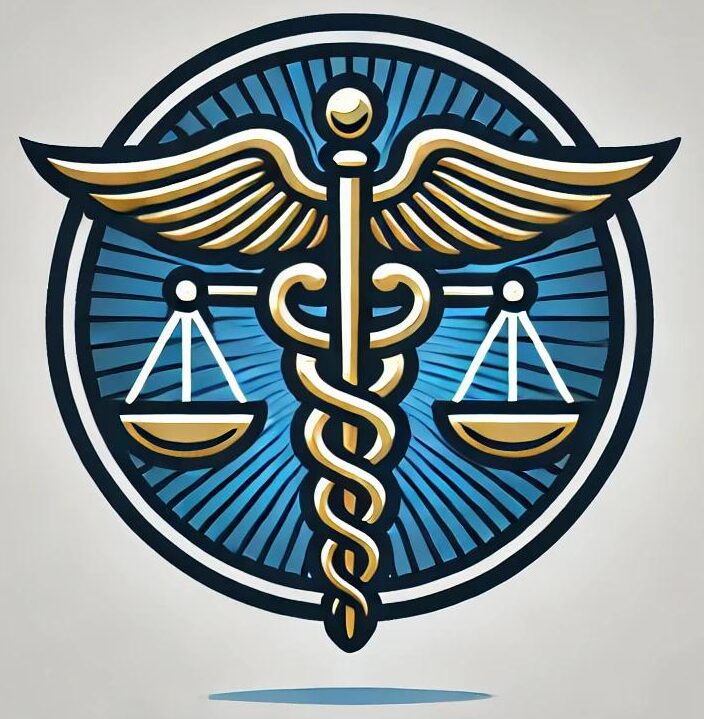What is Alternate Dispute Resolution?
ADR encompasses a range of processes designed to resolve conflicts without resorting to litigation. The most common forms of ADR include mediation, arbitration, and negotiation. These methods prioritize collaboration, confidentiality, and efficiency, offering a more amicable and often quicker path to resolution than traditional court proceedings.
The Primary Methods of ADR
- Mediation: Mediation involves a neutral third-party mediator who facilitates a discussion between the disputing parties to help them reach a mutually agreeable solution. The mediator does not impose a decision but guides the parties toward finding common ground. This process is particularly effective in disputes where maintaining relationships is important.
- Arbitration: In arbitration, a neutral arbitrator hears the evidence and arguments from both sides and then makes a binding decision. This method is more formal than mediation but typically less so than a court trial. Arbitration is often used in commercial disputes, employment issues, and cases requiring specialized expertise.
- Negotiation: Negotiation is the most informal ADR method, where the parties involved directly communicate to resolve their dispute without the involvement of third parties. While it requires a cooperative spirit and willingness to compromise, negotiation can be the quickest and most cost-effective way to settle a disagreement.
Why Choose ADR?
- Cost-Effectiveness: ADR methods can be significantly less expensive than litigation. Lower legal fees, reduced court costs, and shorter resolution times contribute to substantial savings for all parties involved.
- Time Efficiency: Court cases can take months or even years to resolve due to backlogged dockets and procedural delays. ADR offers a faster route to resolution, with many disputes being settled in a matter of weeks or months.
- Confidentiality: ADR processes are generally private, which helps protect the parties’ privacy and sensitive information. This confidentiality is particularly valuable in cases involving personal or business reputations.
- Control and Flexibility: ADR allows parties more control over the resolution process. They can choose the mediator or arbitrator, set the schedule, and tailor procedures to fit their specific needs, making the process more flexible and less formal than court proceedings.
- Preserving Relationships: ADR focuses on collaboration and communication, which can help preserve professional, business, and personal relationships. This is especially important in disputes where ongoing interaction between the parties is necessary.
- Expertise: In arbitration, parties can select an arbitrator with specific expertise relevant to their dispute. This can lead to more informed decisions, particularly in complex cases like medical malpractice or technical commercial disputes.
Conclusion
Alternate Dispute Resolution offers numerous advantages over traditional litigation, including cost savings, efficiency, confidentiality, flexibility, and the potential to preserve relationships. Whether through mediation, arbitration, or negotiation, ADR can provide a more amicable and practical solution to legal disputes. Dr. Molinaro leverages his dual expertise in law and medicine to offer effective ADR solutions tailored to your unique needs.
